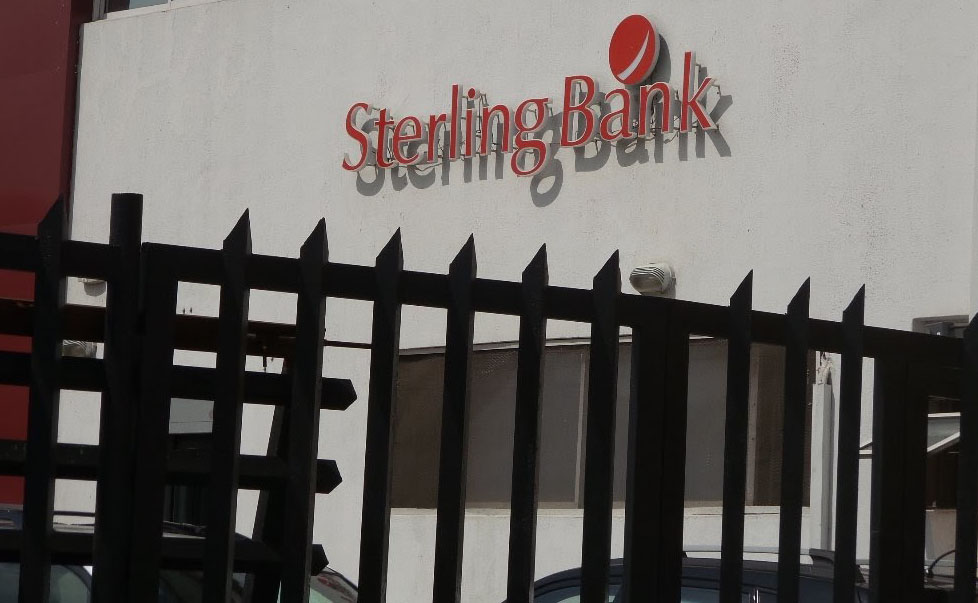Sterling Bank has declared that it will no longer charge account maintenance fees on all personal accounts, referring to the gesture as a “gift” to Nigerians in celebration of the country’s 65th Independence Day on Wednesday.
The announcement, which aligns with the Independence Day festivities, follows the bank’s earlier decision—just six months ago—to eliminate charges on local online transfers.
This development was shared in a press release issued by the bank on Wednesday.
The statement read, “Just months after abolishing transfer fees on local online transactions in April 2025, the bank has dismantled yet another long-standing industry practice, cementing its role as the nation’s leading force for transparent, fair, and customer-focused banking.
”This decision cuts at the heart of a revenue model that has long cost Nigerian customers dearly.
”In 2024 alone, tier-1 banks raked in over ₦650 billion from account maintenance and e-banking charges. Sterling’s move rewrites Nigeria’s banking rulebook while amplifying its bold stance: customers deserve freedom from too many deductions and the right to keep more of their hard-earned money.”

Account maintenance charges have long been criticised by bank customers, who complain that the deductions, though often small per transaction, eat into balances over time.
Sterling Bank’s Managing Director, Abubakar Suleiman, said the latest decision was aimed at easing the financial burden on Nigerians.
”Every fee we remove is one less barrier between our customers and true financial freedom. This was the rationale behind eliminating transfer fees in April, and it is the same principle we uphold as we eliminate account maintenance fees,” he was quoted as saying.
The bank’s Growth Executive for Consumer and Business Banking, Obinna Ukachukwu, said the initiative was about building long-term relationships with customers.
Ukachukwu was quoted as saying, “This initiative is about building lasting relationships that fuel sustainable growth. We put transparency and customer value first, and in doing so, we are building a foundation that serves both our customers and Sterling’s future.”
The bank framed the decision as a “declaration of financial independence” for Nigerians, stressing that it would allow customers to keep more of their earnings.


 Trending
Trending 









